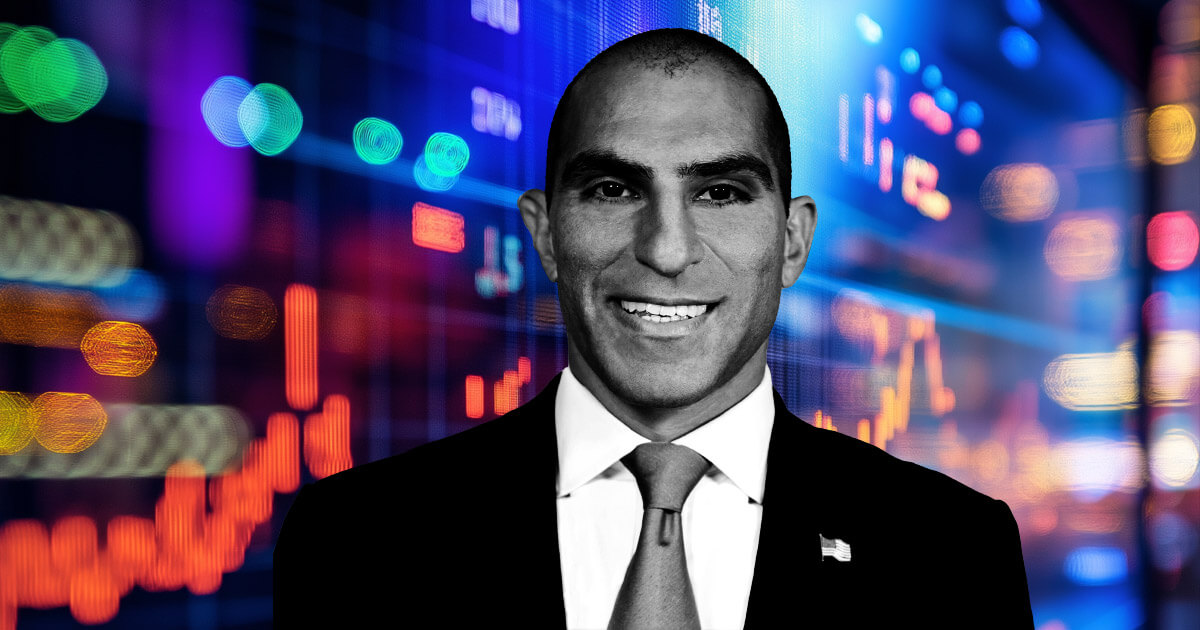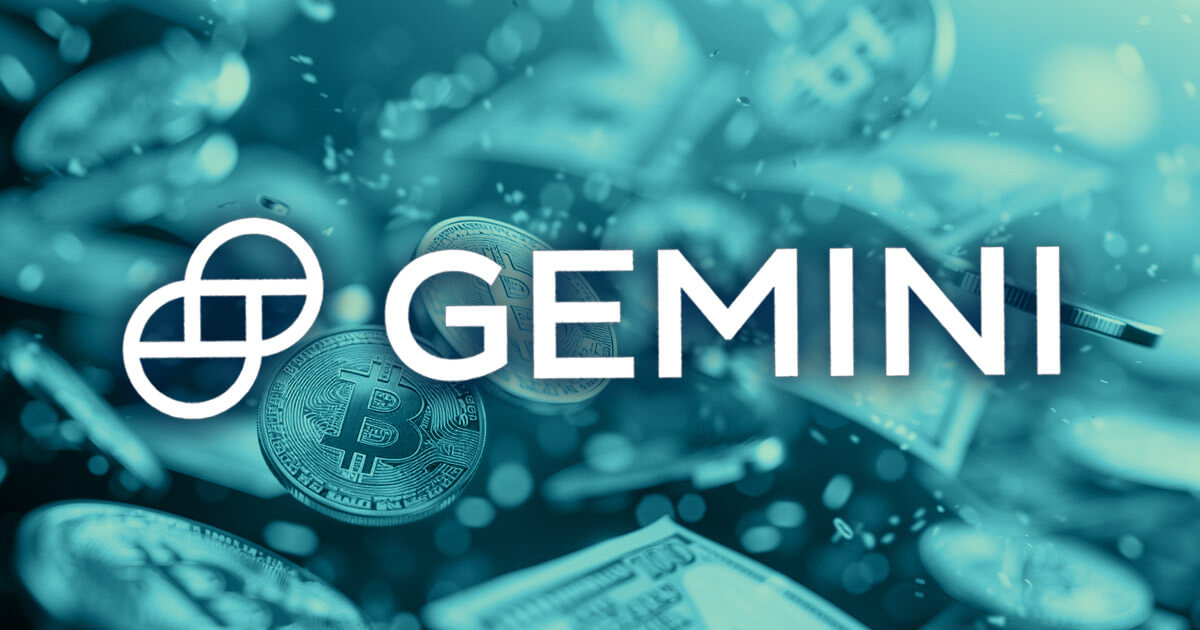By Greg Leffel
Digital assets like cryptocurrency, NFTs, blockchain services and metaverse technologies are a transformative force reshaping our economy. As of this year, digital assets are used by 46 million people in the US, and Virginia ranks No. 7 among the top states in the country that are creating a digital economy.
While plenty of Virginians are embracing these technologies, many lawmakers at the state and federal levels are still hesitant to support them. Meanwhile, countries across Europe and Asia have recognized the potential of digital assets and have already begun implementing clear and reasonable regulations that foster their growth and innovation. If we want to remain competitive on the global stage, our legislative bodies must act swiftly and decisively in support of cryptocurrency and blockchain technologies.
For those who aren’t familiar, digital assets – such as Bitcoin or Ethereum – offer individuals and businesses a secure and decentralized method of conducting transactions. By using advanced mathematics and cryptography (the scientific art of writing or solving codes) to create a transparent and immutable ledger of transactions, digital assets eliminate the need for intermediaries such as banks, reduce business operating costs and solve real-world problems.
Currently, businesses, such as OodlesBlockchain and IBM, are using blockchain technology to streamline supply chains, making them more transparent and efficient. This is particularly relevant information for Virginians involved in the state’s robust agricultural sector, where this technology could enhance traceability and reduce fraud. With constant innovations in the crypto space, digital assets’ potential benefit business owners in the Commonwealth is limitless.
With the introduction of any new technology, however, lawmakers are bound to have concerns. While it is true that the anonymous nature of cryptocurrency has allowed a small number of bad actors to engage in criminal activities, it is important to note that only 0.15% of all cryptocurrency volume in 2022 was used for illegal purposes, with the overwhelming majority of crypto being used for legitimate transactions. Another concern is market volatility, as prices of cryptocurrencies can fluctuate rapidly due to speculative trading, changes in market sentiment, technological advancements, or macroeconomic events.
Criminality and volatility are certainly valid concerns, but we ought to address these problems through proper regulation, just as other countries have done. Japan, for example, requires crypto exchanges to register with the Financial Services Agency (FSA) and adhere to anti-money laundering regulations, as well as counter the financing of terrorism (AML/CFT) obligations. The nation has also established the Japanese Virtual Currency Exchange Association (JVCEA) and requires all crypto exchanges to be members of the organization. Additionally, all trading gains generated in Japan from cryptocurrency are classified miscellaneous income and investors are taxed accordingly. These are the kind of steps that Virginia and national lawmakers should be considering.
Fortunately, the US has not gone completely silent on digital assets, as the Biden administration has dipped its toes into regulating the technologies with the Infrastructure Investment and Jobs Act in 2021. According to Section 80603 of the Act, any company or person who “transfers digital assets on behalf of another person” is considered a “broker,” and thus, every centralized cryptocurrency exchange, such as Coinbase or Kraken, must issue a Form 1099-B to each customer and to the IRS to collect taxes for these transactions. These taxes are important, as they will create an estimated $11 billion in additional government revenue over the next 10 years.
On the state level, Virginia has also taken some small steps on regulating digital assets. A bill passed in 2022 by the General Assembly permits banks in the Commonwealth to provide virtual currency custody services so long as the bank has adequate protocols in place to effectively manage the associated risks. This policy represents a positive step forward but is only just the beginning of what must be done to support digital assets.
Indeed, our government’s lack of bold and decisive action is already having consequences, as many businesses in the crypto sector are looking to take their business out of the country. Coinbase, the largest crypto exchange in the United States, has opened a business in Bermuda, and its competitor, Gemini, is considering moving some of its business to the United Arab Emirates. We must act now if we want to take advantage of all that digital assets have to offer. This window of opportunity will not be open forever.
The Virginia Blockchain Council calls on the General Assembly and Congress to prioritize the growth of digital assets. By collaborating with industry experts, entrepreneurs and stakeholders, our lawmakers must develop a comprehensive regulatory framework that balances innovation, consumer protection and the mitigation of potential risks. By embracing digital assets and fostering an environment that encourages their growth, the United States, and Virginia, can solidify their position as global leaders in this transformative industry and promote economic prosperity for us all.
Greg Leffel is the Founder and Executive Director of the Virginia Blockchain Council.
Credit: Source link















































